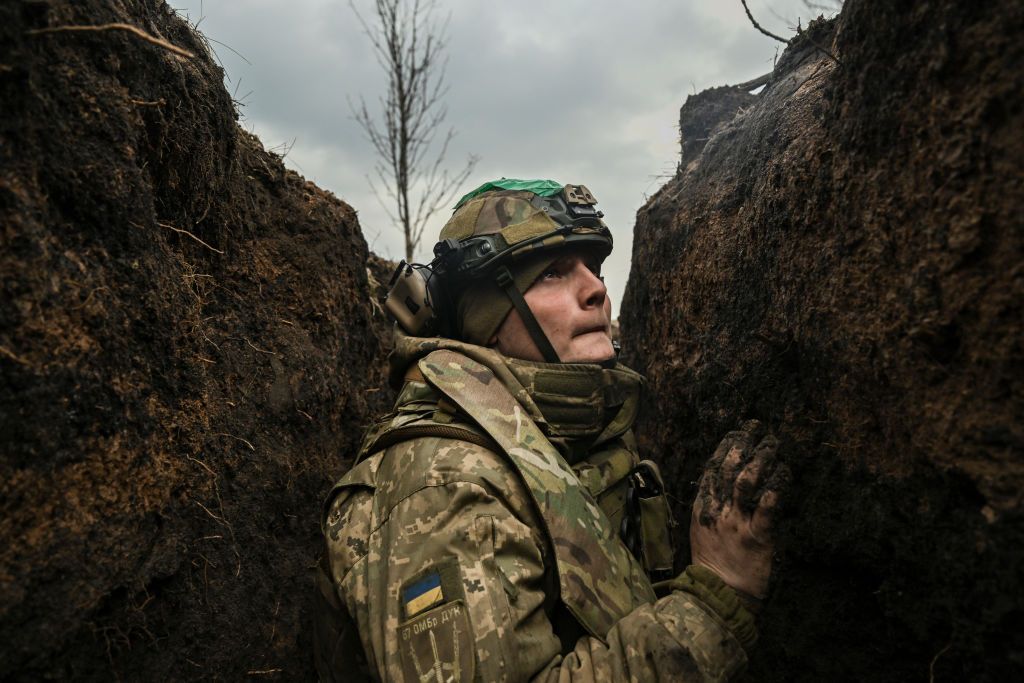Biden approves new memorandum on national security ahead of Trump taking office

U.S. President Joe Biden approved a new national security memorandum before Donald Trump begins his second term in the White House, the Associated Press reported on Dec. 11, citing its undisclosed sources in Biden's administration.
Trump's imminent return to the White House in January raises concerns about future relations between Washington and its prominent partners and adversaries, including Russia.
The memorandum could become "a roadmap" for the next administration, as it appears to be seeking to counter the growing cooperation between China, Iran, North Korea, and Russia. The Biden administration began drafting the recommendations in the summer, according to AP.
The document will not be published due to the "sensitivity of some of its findings," the officials, who spoke on condition of anonymity under White House ground rules, told AP.
The memorandum contains four broad recommendations, such as improving U.S. government interagency cooperation, accelerating information sharing with allies on four key adversaries, adjusting the use of sanctions and other economic tools for maximum effectiveness, and enhancing preparations for resolving simultaneous crises involving adversaries, AP reported.
Biden and Trump have "sharply different" world views, but officials from both administrations said they would try to coordinate on national security issues during the transition.
Biden's memorandum "isn't trying to box (the Trump administration) in or tilt them toward one policy option or another," one official told AP, adding that the document is intended to help the incoming administration build "capacity" as it shapes its policies on some of "the most difficult foreign policy issues" it will face.
As the full-scale is ongoing, Russia has been strengthening its economic and military ties with China, Iran, and North Korea.
Moscow established regular supplies of drones from Tehran and borrowed its technology to launch its own domestic production. North Korea has been supplying Russia with artillery shells and and missiles since the first months of the war, and this fall, it sent soldiers to Russia. North Korea was the first country to enter the war with its forces.
China, in turn, has become one of Russia's largest suppliers of dual-use goods since the start of the full-scale invasion. The two nations also conduct joint patrols in the Arctic region.












